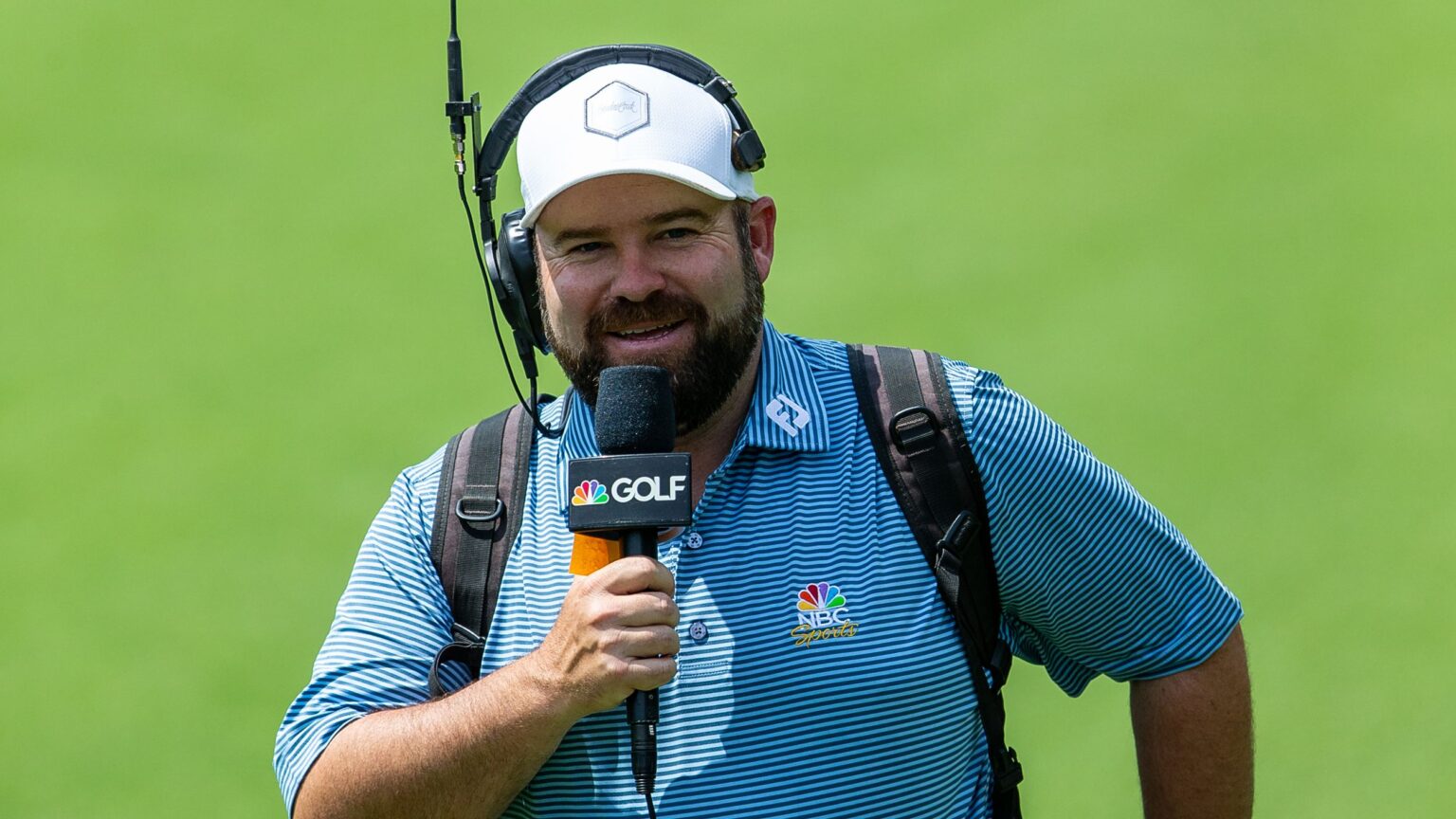The Debate on Former Pros Regaining Amateur Status: Colt Knost’s Journey
The world of golf is witnessing a heated discussion surrounding the return of former professional players to amateur status. This topic gained renewed attention when Colt Knost, a former golfer who played on the PGA Tour and is now a CBS on-course commentator, announced his intention to regain amateur status. His decision has struck a chord in the golf community, igniting conversations on the appropriateness of such moves, especially in prestigious competitions like the US Mid-Amateur.
The Growing Controversy
With several former pros participating in amateur events, the question arises: should they be allowed back into the ranks? Critics argue that the experience and skills gained from professional play give them an advantage over true amateurs. Jarring examples emerged from the recent US Mid-Amateur, where past professionals demonstrated dominance, igniting concerns over fairness in the competition.
Knost’s Bold Decision
Colt Knost made headlines by announcing on his "Subpar" podcast that he had formally applied to the USGA to regain his amateur status. His statement reflects the broader issues simmering within the golf community, as players transitioned from professional careers seek a return to amateur ranks. Knost expressed that the ongoing debate on social media around this issue prompted him to act, showcasing a desire for more inclusive discussions regarding amateur status.
Critical Reactions Sparked by the Move
When Knost’s intentions became public, the reactions were mixed. While some welcomed his decision as a move towards bridging gaps in amateur golf, others expressed concern that such a high-profile ex-pro would overshadow genuine amateurs. The US Mid-Amateur has historically been a platform for amateur golfers, and Knost’s return could redefine its competitive landscape.
The Implications of Regaining Amateur Status
Winning the US Mid-Amateur comes with significant perks, including invitations to participate in major tournaments like the US Open and The Masters. This makes the stakes particularly high for both competitors and recent pros like Knost who seek to re-establish their amateur careers. Critics argue that the allure of these opportunities may unfairly skew the competitive balance.
Knost’s Perspective on Competition
Despite the controversies, Knost asserts that his motivations extend beyond merely winning titles. He emphasized on his podcast that participating in amateur events would foster valuable discussions about the nature of competition and could lead to positive changes in perceptions surrounding former professionals. His journey aims to challenge the stigma that successful pros should remain excluded from amateur golf.
Regulation and Waiting Periods
According to existing regulations, there is a six-month waiting period for professionals wishing to regain amateur status. However, Knost contends he may face a much longer wait, claiming he hasn’t participated in a tournament since February 2020. This inconsistency in application of rules raises questions about fairness and transparency in the governing bodies of golf, especially regarding who qualifies as an amateur.
The Bigger Picture of Amateur Golf
Knost’s discussion on Sirius XM PGA Tour Radio reveals another layer to his intentions—his desire to actively participate in the amateur circuit. He acknowledges the time constraints of maintaining multiple professional roles that limit his competition calendar. Knost’s belief is that the amateur ranks should be open to all, including those with professional backgrounds, thus amplifying the broader conversation about inclusivity in sports.
Historical Context and Changing Norms
The return of former pros to amateur events is not a new phenomenon, yet it remains a contentious issue. Historical precedents, such as the participation of notable players in amateur tournaments, have paved the way for current conversations. As golf evolves, so do the interpretations of what it means to be an amateur and how those definitions impact game integrity.
Personal Aspirations As Motivations
Moreover, Knost has personal aspirations linked to his desire to be reinstated as an amateur. He articulated a wish to potentially lead the USA Walker Cup team in the future. This ambition underlines the notion that for many athletes, the journey through competitive golf is tied to fulfilling lifelong dreams and contributing to the sport at various levels.
Conclusion: Navigating Future Waters
As the debate continues, Knost’s journey serves as an important focal point for conversations about amateur golf’s future. His return, if realized, might not only reshape the competitive landscape but also influence the perspectives of upcoming golfers contemplating careers on and off the course. The intersection of professional skills and amateur principles presents an ongoing challenge, one that will require thoughtful dialogue and potential regulatory reconsiderations to maintain the integrity and spirit of the game.
By engaging in this discourse, the golf community can aim to create a more balanced approach that welcomes diverse backgrounds while preserving the essence of amateur competition.
